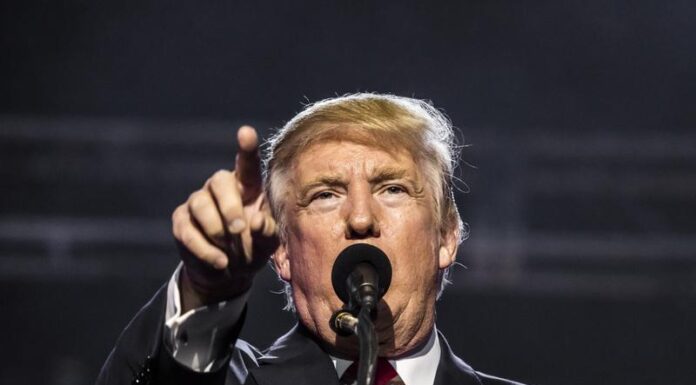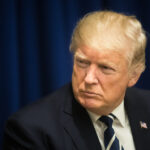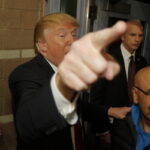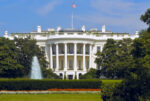President Donald Trump has renewed his suggestions about federal control of Washington, D.C., telling his cabinet this week that his administration could manage the nation’s capital more effectively than current local leadership. During a Tuesday, July 8, cabinet meeting, Trump indicated he was seriously considering federal intervention in District operations, claiming such oversight would significantly reduce crime and improve governmental efficiency.
The president argued that federal management would transform District operations, stating his administration could operate the city flawlessly. Trump suggested that under federal control, crime would decrease substantially and the city would function with greater effectiveness than under current local governance structures.
Trump noted that his chief of staff, Susie Wiles, has been working closely with District officials on various initiatives. The president emphasized that his administration possesses tremendous power to manage jurisdictions when necessary, expressing confidence in their ability to select appropriate leadership for such an undertaking.
Mayor Muriel Bowser responded to Trump’s comments by referencing the District’s limited Home Rule authority. She indicated that when a President controls both houses of Congress, limited home rule becomes particularly constrained. Bowser acknowledged that she works with Trump’s team more extensively than she has collaborated with any previous president.
The mayor emphasized her administration’s approach of focusing on shared priorities with the federal government. She noted that Trump’s comments about federal takeover have been circulating for approximately two years, suggesting this represents a continuing theme rather than a new development. Trump repeatedly said he wanted to take over D.C. while running as a candidate.
D.C. Delegate Eleanor Holmes Norton strongly opposed the president’s suggestions, stating she would work to prevent any increase in federal government power over the District. Norton indicated she would attempt to block any Congressional bills aimed at repealing the Home Rule Act, which currently governs the District’s limited self-governance structure.
D.C. Council Chairman Phil Mendelson characterized the president’s comments as unfortunate, noting that federal takeover would require Congressional legislation and establishment of entirely new governmental structures. Mendelson pointed out that such a transition would involve transferring billions of dollars in responsibilities and programming, making the process significantly more complex than brief policy statements might suggest.
The District’s Home Rule Act, enacted in 1973, currently allows residents to elect their own mayor and council while maintaining Congressional authority over local laws and budgets. This arrangement replaced direct federal management that existed between 1874 and 1973, a system that both political parties eventually viewed as ineffective and undemocratic.
D.C. Shadow Senator Paul Strauss warned that the president’s remarks should be taken seriously rather than dismissed as empty threats. Strauss noted that “obviously the president is not doing a great job running the country,” expressing opposition to expanded federal control over municipal operations.
Municipal services continue operating at a significant scale, with the District’s 311 non-emergency line receiving millions of calls annually. This volume demonstrates the extensive daily operational demands that would require federal assumption under any takeover scenario.
Any federal takeover would require Congressional action to repeal the Home Rule Act, necessitating passage through both chambers of Congress. Currently, no clear legislative initiative appears to be advancing such measures, though the political dynamics could shift depending on Congressional priorities and federal-local relations.
The renewed discussion of federal intervention reflects ongoing tensions between federal and local authority in the nation’s capital, where unique constitutional arrangements create complex governance relationships. Trump’s suggestions represent the latest chapter in periodic debates about appropriate federal involvement in District operations and local autonomy.








